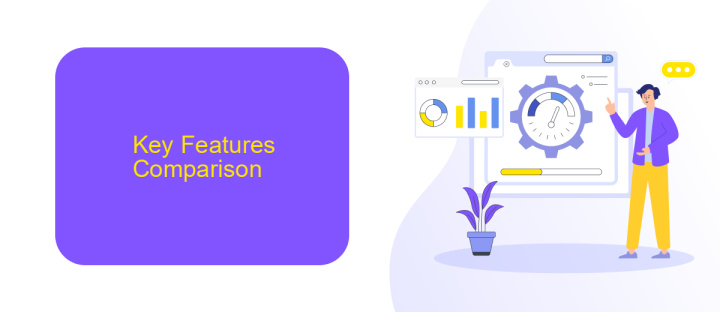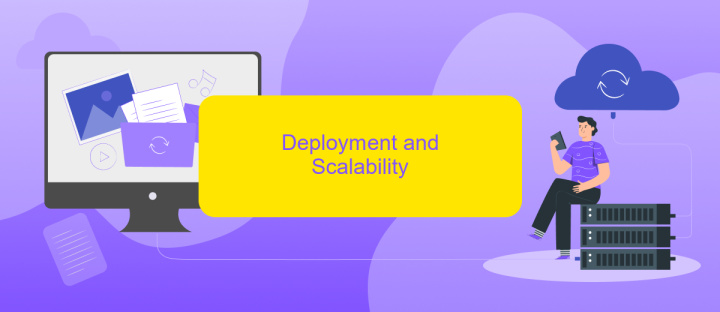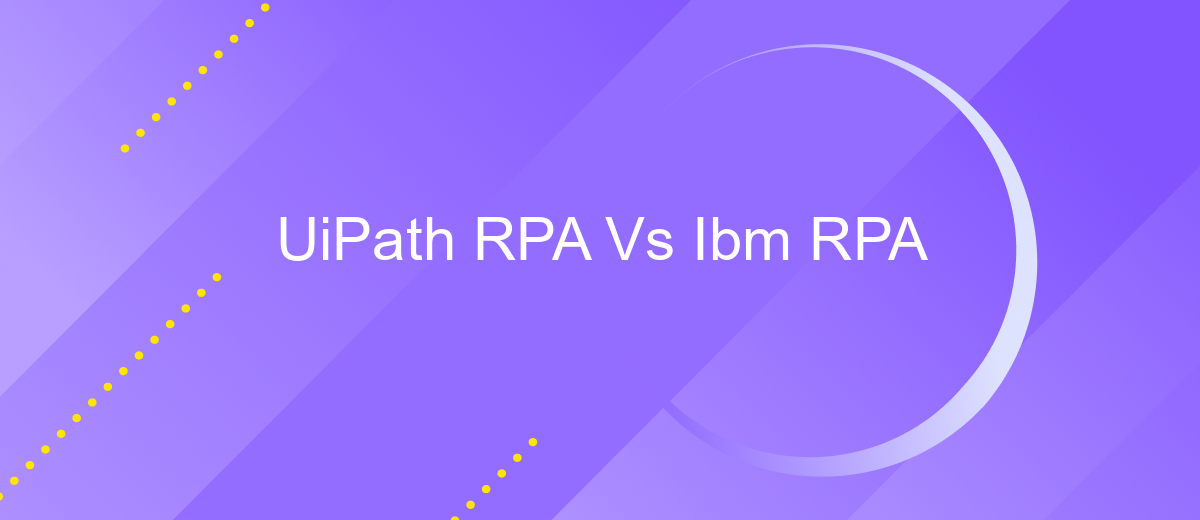UiPath RPA Vs Ibm RPA
When it comes to Robotic Process Automation (RPA), UiPath and IBM RPA are two of the most prominent platforms in the industry. Both offer robust solutions for automating repetitive tasks, but they differ in features, ease of use, and overall capabilities. This article will compare UiPath and IBM RPA to help you determine which platform best suits your business needs.
Introduction
Robotic Process Automation (RPA) has revolutionized the way businesses handle repetitive tasks, driving efficiency and reducing human error. Among the leading RPA platforms are UiPath and IBM RPA, both offering robust solutions to automate workflows. However, choosing the right platform can be challenging given the unique features and capabilities each provides.
- UiPath: Known for its user-friendly interface and extensive community support, UiPath offers a wide range of tools for automating complex processes.
- IBM RPA: Leveraging IBM's extensive experience in AI and machine learning, IBM RPA integrates seamlessly with other IBM products, providing a comprehensive automation solution.
When considering integration capabilities, tools like ApiX-Drive can be invaluable. ApiX-Drive simplifies the process of connecting various applications and services, enhancing the functionality of both UiPath and IBM RPA. This introduction aims to provide a foundational understanding of these two RPA giants, setting the stage for a detailed comparison of their features, benefits, and use cases.
Key Features Comparison

UiPath and IBM RPA both offer robust automation capabilities, but they differ in key features. UiPath excels with its user-friendly interface and extensive library of pre-built activities, making it accessible for users with varying technical skills. It supports a wide range of integrations and has a strong focus on AI and machine learning capabilities, which enhance its automation potential. Additionally, UiPath provides a cloud-based orchestrator that allows for efficient management and scaling of automation processes.
On the other hand, IBM RPA is known for its strong security features and seamless integration with other IBM products, such as IBM Watson. It offers advanced analytics and reporting tools, which are beneficial for monitoring and optimizing automation workflows. IBM RPA also supports complex automation scenarios with its powerful scripting capabilities. For businesses looking to integrate various applications, services like ApiX-Drive can facilitate the connection between IBM RPA and other software, streamlining data flow and enhancing overall efficiency.
Deployment and Scalability

When comparing UiPath RPA and IBM RPA, deployment and scalability are crucial aspects to consider. Both platforms offer robust solutions, but their approaches and capabilities differ in certain areas.
- UiPath RPA: UiPath provides a cloud-native platform that supports rapid deployment and scaling. It offers flexible deployment options, including on-premises, cloud, and hybrid environments. UiPath's Orchestrator enables seamless management of robots, ensuring efficient resource allocation and scaling according to demand.
- IBM RPA: IBM RPA, part of the IBM Cloud Pak for Automation, allows for scalable deployment across various environments. With its containerized architecture, IBM RPA can be easily integrated into existing IT infrastructures. IBM's robust analytics and AI capabilities further enhance scalability by optimizing robot performance and workload distribution.
Both UiPath and IBM RPA are designed to handle large-scale automation projects, but their deployment strategies cater to different needs. UiPath excels in flexibility and ease of use, while IBM RPA offers deep integration with enterprise systems and advanced analytics. For those looking to streamline integrations with various services, platforms like ApiX-Drive can be invaluable, providing seamless connectivity and enhancing the overall scalability of RPA solutions.
Security and Compliance

When comparing UiPath RPA and IBM RPA in terms of security and compliance, both platforms offer robust frameworks to ensure data protection and regulatory adherence. UiPath emphasizes its commitment to security through features like role-based access control, data encryption, and audit logs, ensuring that sensitive information is safeguarded throughout the automation process.
IBM RPA, on the other hand, leverages its extensive experience in enterprise security to provide a comprehensive suite of security measures. These include multi-factor authentication, secure credential storage, and compliance with industry standards such as GDPR and HIPAA.
- Role-based access control
- Data encryption
- Audit logs
- Multi-factor authentication
- Secure credential storage
- GDPR and HIPAA compliance
Additionally, both platforms can integrate with third-party services like ApiX-Drive to streamline data transfers and enhance security protocols. This integration ensures that data is handled securely across various applications, further bolstering the overall security and compliance posture of your RPA initiatives.
Pricing and Licensing
When comparing the pricing and licensing models of UiPath RPA and IBM RPA, it is important to consider the flexibility and scalability each platform offers. UiPath operates on a subscription-based model, with multiple tiers designed to cater to different business sizes and needs. This includes options for small teams, medium-sized businesses, and large enterprises. Additionally, UiPath provides a community edition that is free for individual developers and small teams, making it accessible for those just starting out in RPA.
IBM RPA, on the other hand, also follows a subscription-based pricing model but emphasizes enterprise-level solutions. IBM offers a more comprehensive suite of tools and services, which may result in higher costs for smaller businesses. However, IBM's pricing includes robust support and integration capabilities, which can be enhanced through services like ApiX-Drive. ApiX-Drive simplifies the integration process between IBM RPA and other third-party applications, making it easier for businesses to automate workflows without extensive technical expertise. Ultimately, the choice between UiPath and IBM RPA will depend on the specific needs and budget of your organization.
FAQ
What are the main differences between UiPath RPA and IBM RPA?
Which platform is better suited for small and medium-sized businesses (SMBs)?
How do UiPath and IBM RPA handle integrations with other systems?
What kind of support and resources are available for learning UiPath and IBM RPA?
Which platform offers better scalability for future growth?
Apix-Drive is a simple and efficient system connector that will help you automate routine tasks and optimize business processes. You can save time and money, direct these resources to more important purposes. Test ApiX-Drive and make sure that this tool will relieve your employees and after 5 minutes of settings your business will start working faster.

